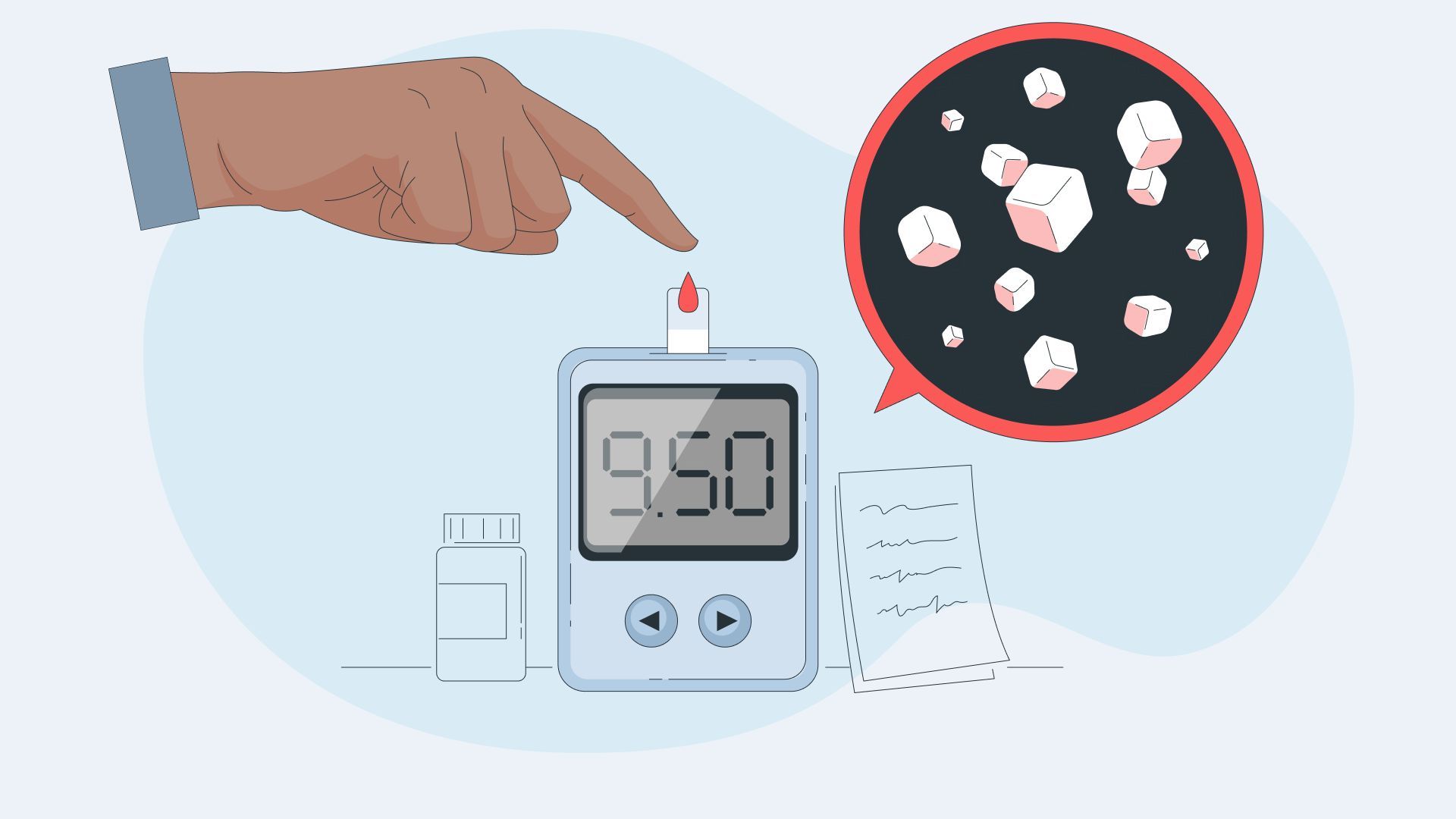Carbohydrates and Diabetes: All you need to know

Carbohydrates are our primary energy source; carbohydrate-containing foods provide essential nutrients for good health.
Glucose is produced by breaking down all the carbohydrates you consume, and evidence suggests that the kind of carbs we consume has a greater impact on overall health than the quantity. The quality of carbohydrates has been assessed using glycaemic index (GI), glycaemic load, fiber content and wholegrain.
Your blood glucose levels and diabetes management may be affected by the type and quantity of food you consume. Generally, lower GI foods are considered beneficial when managing blood glucose levels. For your overall health, choosing foods high in fiber and whole grains over refined carbohydrates, like white bread, is better for your heart health.
Certain foods that include carbs, such as fruits and vegetables, are connected to good and excellent health. For people with type 2 diabetes who may be overweight or obese, reducing calorie intake helps with weight loss. This can be achieved in several ways, such as lowering your carb intake or adopting a low-carb diet.

How carbohydrates affect people living with diabetes
Carbohydrate metabolism is vital in the development of type 2 diabetes, which happens when the body cannot produce enough insulin or cannot use the insulin it does produce. When you eat or drink foods that have carbohydrates, your body breaks them down into glucose (a type of sugar), which raises the glucose level (blood sugar) in your blood. That glucose is used as fuel by your body to keep you moving throughout the day. This is what you most likely refer to as your "blood sugar" or "blood glucose." The carbohydrates you consume are very crucial in the management of diabetes.
After your body converts those carbohydrates into glucose, your pancreas releases insulin to assist and aid your cells in absorbing glucose. When someone’s blood glucose or blood sugar is too high, it is called hyperglycemia. A few factors can lead to "highs," such as a lack of insulin in the body or ineffective cell responses to the insulin released, which results in an increase in blood glucose levels. Low blood glucose is known as hypoglycemia. Sometimes "lows" are brought on by inadequate carbohydrate intake or medication imbalance. In essence, the amount of carbs we eat affects our blood sugar, so balance is essential!

Is it possible to eat carbohydrates and still reduce blood sugar?
Carbohydrates directly impact blood sugar levels, so diets followed by people with diabetes focus on the quantity of carbs consumed or the pace at which the body absorbs them.
Sugar, starch, and fiber are the three different types of carbohydrates. Getting the ideal combination of sugars, starch, and fiber is vital to keep blood sugar levels in a healthy range, and it helps to know that:
- Added sugars raise blood sugar quickly: Blood sugar levels rise while eating foods with added sugar, such as cookies, cake, and soft drinks. The food label may list sugar, corn syrup, dextrose, sucrose, or fructose. Foods that naturally contain sugar (like fresh fruits, milk, and Greek yoghurt) are healthier, more nutritious and don’t cause blood sugar to rise as quickly as added sugars.
- Some starches raise blood sugar slowly: Generally, less processed starches such as oats, lentils, and brown rice tend to boost blood sugar levels gradually. Highly processed foods, like white rice and white bread, cause a rapid rise in blood sugar.
- Fiber helps slow down sugar absorption: People with diabetes can maintain healthy blood sugar levels by eating a high-fiber diet. Food fiber slows the rate at which carbohydrates turn into sugar, so there's less of a peak when blood sugar spikes. Whole fruits and vegetables, nuts and seeds, and whole grains are all excellent sources of fiber. Additionally, fiber helps you feel full and maintains a healthy digestive system.
Tips to guide you
- Choose healthy carbs: Eat a lot of fresh fruit, veggies, and whole grains to gain your carbohydrates. These foods are beneficial because they have fiber, vitamins, and other nutrients.
- Reduce intake of highly processed foods and foods with added sugar: Maintaining healthy blood sugar levels can be challenging when consuming these meals and drinks. Avoid all beverages with carbs (except milk). They provide no nutritional value and cause spikes in blood sugar levels, and should only be used for treating hypoglycemia (low blood sugar).
- Count carbs: Read food labels to help you. When eating at a restaurant, you can request nutritional information from your server or look up the information online.
- Weigh and measure: To get an accurate carb count, use a scale and measuring cups. This helps you match insulin dosage to the carbs you eat.
- Stay active every day: Regular exercise improves insulin efficiency and helps keep blood sugar in the healthy range.
Understanding how carbs fit into a balanced diet makes it easier to keep your blood sugar in a healthy range. Platos educates you on the best way to manage your condition and eat all your favourite food despite your diagnosis.
You can find more tips on eating healthy in the library segment of the Platos App, and if you have questions about what to eat or need help counting carbs, you can also talk to a dietitian on your care team.